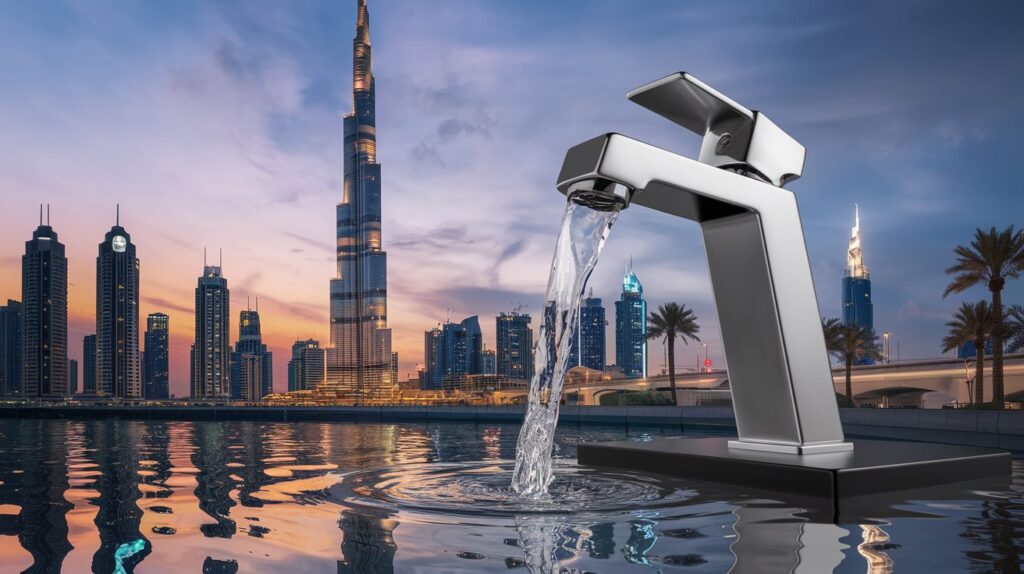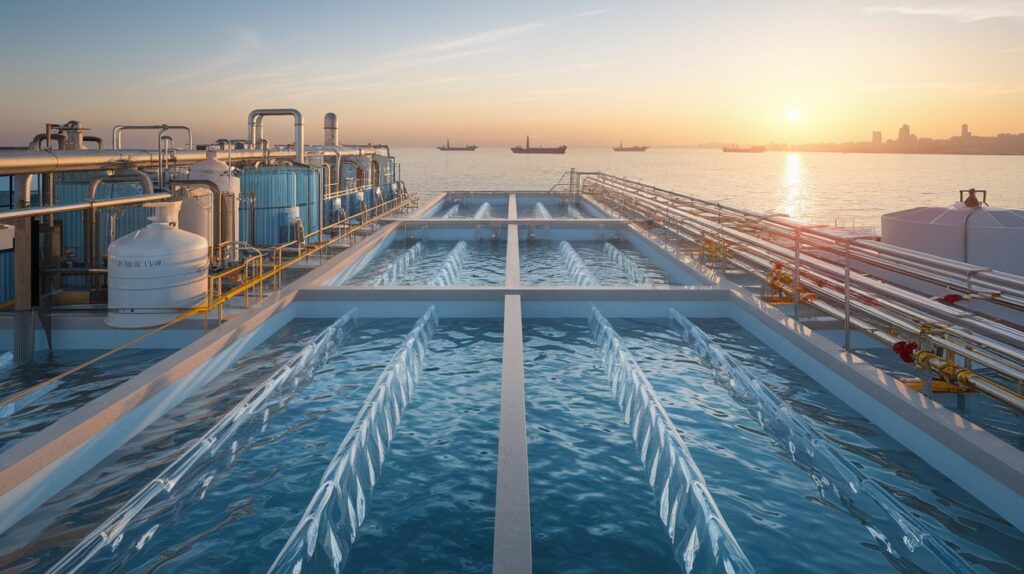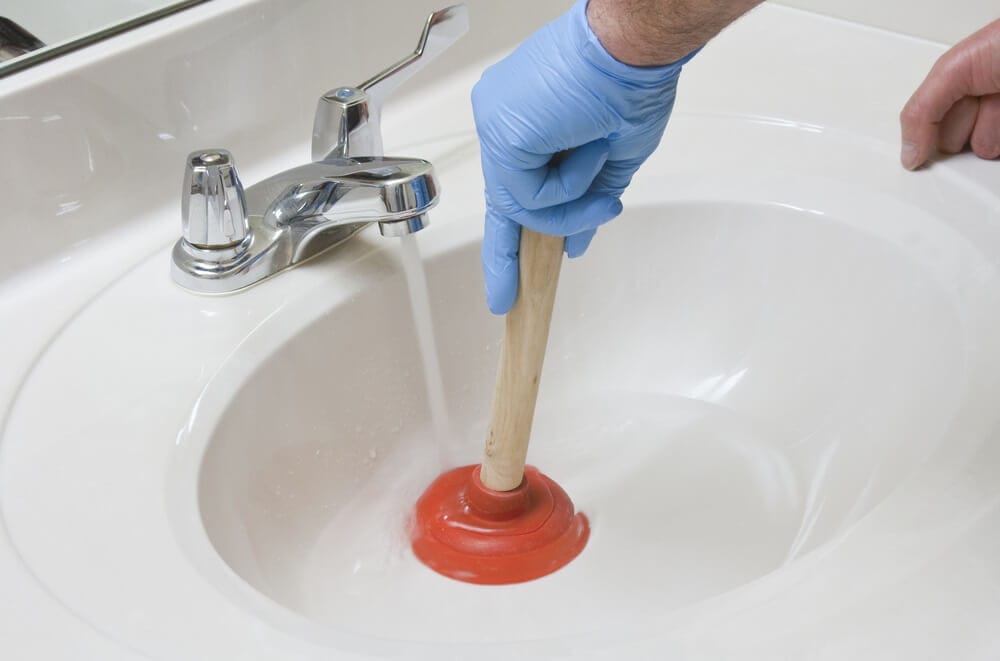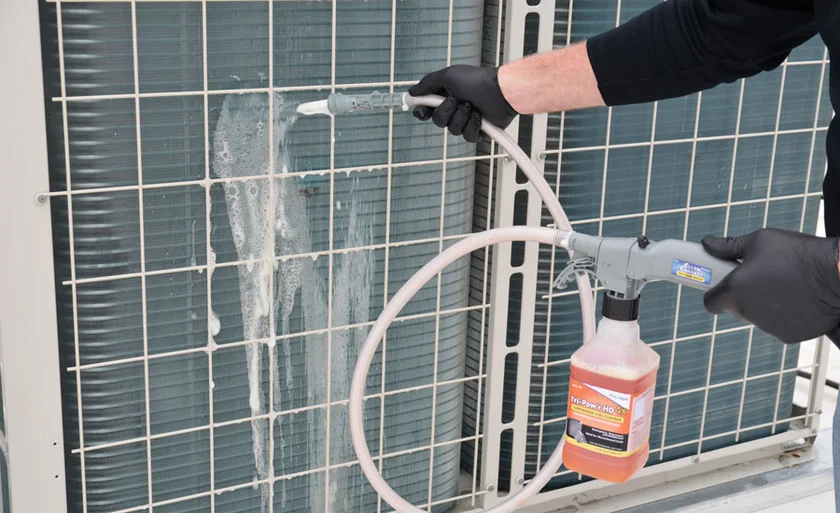How to Get Rid of Bed Bugs: The Ultimate Detailed Guide
Introduction
Bed bugs are resilient, tiny insects that can cause significant distress when they infest your home. Not only do they leave behind itchy, red bites, but they also create an ongoing battle with your living space. In this detailed guide, we’ll explore everything from identifying bed bugs to various elimination methods—ranging from DIY techniques to professional interventions. Whether you’re a homeowner or a renter, understanding the complete process of bed bug eradication is key to protecting your health and property.
Understanding Bed Bugs
What Are Bed Bugs?
Bed bugs are small, oval-shaped insects that feed on human blood, primarily during the night. Their reddish-brown color and flat bodies allow them to hide in tight crevices—making them difficult to detect.
Common Signs of an Infestation
- Bite Marks: Clusters or lines of itchy, red bumps on the skin.
- Physical Evidence: Visible bugs, shed skins, or tiny white eggs.
- Stains: Dark or rusty spots on bedding, mattresses, or furniture.
- Odor: A musty, sweet smell may indicate a heavy infestation.
Why Early Detection Matters
Early identification is critical because bed bugs multiply rapidly. Regular inspections of bedding, furniture, and hidden crevices can prevent a minor issue from turning into a full-blown infestation.
Step-by-Step Bed Bug Elimination Methods
DIY Methods
Cleaning and Decluttering
- Vacuum Thoroughly: Use a vacuum equipped with a HEPA filter to clean mattresses, bed frames, carpets, and furniture. Immediately dispose of the vacuum bag in an outdoor trash container.
- Launder Bedding: Wash all linens, curtains, and clothing in hot water (at least 120°F/49°C) and dry them on the highest heat setting.
- Steam Cleaning: Utilize a high-temperature steamer on mattresses, upholstery, and carpets. The heat will kill bed bugs and their eggs on contact.
- Declutter: Reduce clutter around sleeping areas to eliminate potential hiding spots.
Natural Remedies
- Diatomaceous Earth (DE): Spread food-grade DE around the edges of the bed, along baseboards, and in cracks. This powder dehydrates bed bugs over time.
- Essential Oils: While not a stand-alone solution, oils such as tea tree or lavender may repel bed bugs when used in combination with other methods.
- Mattress Encasements: Invest in bed bug-proof mattress and pillow encasements to trap any existing bugs and prevent new infestations.
Chemical Treatments
- Insecticide Sprays: Choose products specifically formulated for bed bugs. Follow label instructions carefully and ensure proper ventilation.
- Dust Insecticides: Apply dust formulations into cracks, crevices, and around infested areas. These products can offer a residual effect to kill bugs over time.
- Safety Precautions: Always wear protective gear, such as gloves and masks, when handling chemical treatments.
Heat Treatment Methods
- Portable Heaters: Some treatments involve raising the temperature of the entire room to lethal levels (above 120°F/49°C) for several hours.
- Professional Steam Treatment: Consider hiring professionals who use industrial-grade steamers to treat large or persistent infestations.
When to Call in the Professionals
If DIY methods fail or if the infestation is severe, it’s time to seek professional help.
Preventing Future Infestations
Routine Inspections
- Regular Checks: Inspect your home on a monthly basis, paying close attention to bedding, furniture seams, and hidden corners.
- Early Intervention: The sooner you detect signs of bed bugs, the easier and less costly it will be to eliminate them.
Prevention Strategies
- Seal Entry Points: Use caulk to seal cracks and crevices in walls, baseboards, and around window frames where bed bugs could hide.
- Careful Travel Habits: When staying in hotels or other accommodations, inspect the room for bed bugs before unpacking. Keep luggage elevated and away from the bed.
- Caution with Second-Hand Items: Thoroughly inspect and, if possible, treat any used furniture or clothing before bringing them into your home.
Additional Preventative Measures
- Use Protective Covers: Mattress encasements can serve as a barrier to prevent bed bugs from settling into your sleeping area.
- Pesticide Barriers: Consider light pesticide treatments along the perimeter of rooms as an added precaution, but always follow safety guidelines.
Health, Safety, and Environmental Considerations
Safety Precautions During Treatment
- Protective Gear: Always use gloves, masks, and other protective clothing when applying chemical treatments.
- Follow Instructions: Strictly adhere to product instructions to avoid harmful exposure.
- Ventilation: Ensure that the treated areas are well-ventilated to dissipate fumes.
Environmental Impact
- Eco-Friendly Options: Opt for non-chemical methods when possible to minimize environmental harm. Heat treatments and natural remedies are less likely to contribute to pollution.
- Responsible Disposal: Dispose of contaminated items, such as infested bedding, according to local guidelines to prevent further spread.
Real-Life Case Studies and Success Stories
DIY Success Story
A homeowner detected early signs of bed bugs by noticing unexplained bite marks and small stains on their sheets. They immediately began a rigorous cleaning routine involving vacuuming, laundering at high temperatures, and applying diatomaceous earth. Within several weeks, the infestation was under control, and the proactive measures helped prevent a recurrence.
Professional Intervention Case
In a multi-room apartment with a severe infestation, the residents called professional pest control experts. The service involved an integrated approach combining heat treatment and targeted chemical applications. Follow-up inspections ensured that the infestation was completely eradicated. This case highlights the importance of professional intervention in large-scale infestations.
Final Thoughts and Action Steps
Eradicating bed bugs requires diligence, a multi-layered approach, and sometimes professional help. Begin with early detection and consistent cleaning. Combine DIY efforts with heat and chemical treatments for best results, and don’t hesitate to seek professional help if needed. Regular inspections and preventative measures can safeguard your home from future infestations.
By following this detailed guide, you can effectively combat bed bugs and restore a safe, comfortable environment in your home. Remember, persistence is key—combining multiple strategies will yield the best outcomes.
Frequently Asked Questions (FAQs)
Q1: How can I tell if I have bed bugs?
A: Look for bite patterns on your skin, small dark spots on your bedding, shed skins, or live bugs in crevices. A thorough inspection is recommended if you suspect an infestation.
Q2: Which method is most effective for bed bug elimination?
A: Combining multiple methods—such as thorough cleaning, heat treatment, and chemical applications—tends to be the most effective approach. For severe infestations, professional pest control services are recommended.
Q3: Are natural remedies enough to eliminate bed bugs?
A: Natural remedies like diatomaceous earth can help reduce numbers, but they are usually less effective on their own against a heavy infestation. Combining them with other treatments yields better results.
Q4: How often should I inspect my home for bed bugs?
A: Monthly inspections are ideal, especially if you frequently travel or bring in used furniture.
Q5: Can bed bugs cause health problems?
A: While bed bugs do not transmit diseases, their bites can lead to allergic reactions, skin infections from scratching, and significant psychological stress.
How to Get Rid of Bed Bugs: The Ultimate Detailed Guide Read More »
Uncategorized




